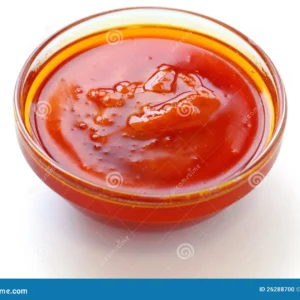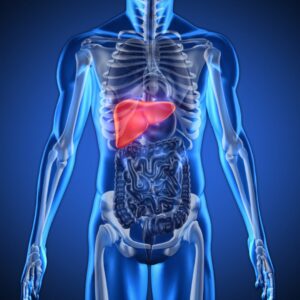Maintaining healthy blood pressure is essential for overall well-being and the prevention of various cardiovascular diseases. High blood pressure, or hypertension, can lead to severe health issues such as heart attack, stroke, and kidney disease, while low blood pressure, or hypotension, can cause dizziness, fainting, and in extreme cases, shock. Here are some effective strategies to maintain optimal blood pressure levels:
Natural way to Maintain Blood Pressure
1.Adopt a Balanced Diet
A healthy diet is a cornerstone of maintaining good blood pressure. Here are key dietary considerations:
- Reduce Sodium Intake: Excessive sodium increases blood pressure. Aim for less than 2,300 mg per day, or ideally around 1,500 mg for most adults.
- Increase Potassium Intake: Potassium can counteract the effects of sodium. Foods rich in potassium include bananas, oranges, spinach, and sweet potatoes.
- Eat a Variety of Nutrient-Rich Foods: Incorporate fruits, vegetables, whole grains, lean proteins, and low-fat dairy products into your diet. The DASH (Dietary Approaches to Stop Hypertension) diet is particularly effective.
2.Exercise Regularly
Physical activity strengthens the heart, enabling it to pump blood with less effort. Regular exercise can help lower blood pressure by approximately 5 to 8 mm Hg.
- Aim for Moderate-Intensity Exercise: Activities such as brisk walking, cycling, swimming, or dancing for at least 30 minutes most days of the week.
- Incorporate Strength Training: Engaging in strength training exercises at least two days a week can also contribute to maintaining healthy blood pressure.
Limit Alcohol and Avoid Tobacco
- Alcohol Consumption: Drinking alcohol in moderation can have a protective effect, but excessive drinking can raise blood pressure. Limit consumption to one drink per day for women and two for men.
- Quit Smoking: Tobacco raises blood pressure and damages the walls of your blood vessels, increasing the risk of heart disease. Quitting smoking can improve overall heart health and help lower blood pressure.
Manage Stress
Chronic stress can contribute to high blood pressure. Effective stress management techniques include:
- Practice Relaxation Techniques: Activities such as deep breathing, meditation, and yoga can help reduce stress.
- Engage in Hobbies: Spending time on enjoyable activities can provide relief from stress.
- Ensure Adequate Sleep: Aim for 7-9 hours of quality sleep per night to help manage stress and maintain healthy blood pressure levels.
6.Monitor Your Blood Pressure at Home
Regular monitoring can help you keep track of your blood pressure and ensure that lifestyle changes are effective. Home monitors are widely available and can be a valuable tool in managing your health.
7.Take Prescribed Medications as Directed
If lifestyle changes are not enough, your doctor may prescribe medication to help manage your blood pressure. It’s important to take these medications exactly as prescribed and discuss any side effects or concerns with your healthcare provider.
8.Regular Medical Check-Ups
Routine check-ups with your doctor are essential. They can help you track your blood pressure and make necessary adjustments to your treatment plan. Your doctor can also provide personalized advice based on your overall health condition.
9.Routine Medical Interventions
For those with consistently high blood pressure, regular medical interventions are crucial: Regular Blood
- Pressure Monitoring: Frequent check-ups allow for timely adjustments in treatment plans. Consider ambulatory blood pressure monitoring for more accurate assessments. Personalized Medication Plans: Work with your healthcare provider to find the most effective medication regimen, which may include ACE inhibitors, beta-blockers, diuretics, or other antihypertensive drugs. Comprehensive Health
- Assessments: Regularly evaluate other health metrics such as cholesterol levels, blood sugar levels, and kidney function to address any underlying issues that could affect blood pressure.
Conclusion
Maintaining healthy blood pressure is a multifaceted approach that involves dietary changes, regular exercise, weight management, and lifestyle adjustments. By implementing these strategies, you can significantly reduce your risk of hypertension and its associated complications, leading to a healthier and more active life. Always consult with a healthcare professional before making significant changes to your health regimen and take proactive steps to monitor and manage your blood pressure effectively.







